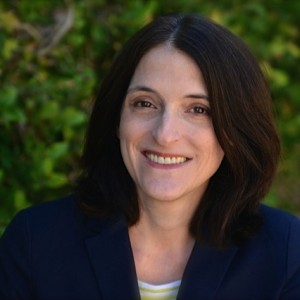非常抱歉,
你要访问的页面不存在,
非常抱歉,
你要访问的页面不存在,
非常抱歉,
你要访问的页面不存在,
验证码:

职称:associate
所属学校:University of California-Los Angeles
所属院系:humanities
所属专业:Asian Studies/Civilization
联系方式:310-206-8235
Natasha Heller received her MA in Buddhist Studies from the University of Michigan, and her PhD in East Asian Languages and Civilizations from Harvard University. Before coming to UCLA, she was a Mellon Postdoctoral Fellow at the University of California, Berkeley. Her previous research has examined the relationship between religious belief and cultural practices, primarily focusing on Buddhism during the Song, Yuan, and Ming dynasties. Heller has recently published a study of the Yuan dynasty Chan master, Illusory Abiding: The Cultural Construction of the Chan Monk Zhongfeng Mingben, in which she investigates Mingben’s use of poetry, calligraphy, and gong’an commentary in the context of his distinctive Chan teachings. Heller’s current book project concerns picture books published by Buddhist organizations in Taiwan, and how such children’s fiction not only teaches young people about the Buddhist tradition, but also instructs them on how to relate to clergy, family members, and society. She is also the book review editor for the Journal of Chinese Religions, and serves on the board of the Society for the Study of Chinese Religions and the editorial board of the Journal of Chinese Buddhist Studies. For more information on Heller’s publications and research, see natashaheller.net.
Natasha Heller received her MA in Buddhist Studies from the University of Michigan, and her PhD in East Asian Languages and Civilizations from Harvard University. Before coming to UCLA, she was a Mellon Postdoctoral Fellow at the University of California, Berkeley. Her previous research has examined the relationship between religious belief and cultural practices, primarily focusing on Buddhism during the Song, Yuan, and Ming dynasties. Heller has recently published a study of the Yuan dynasty Chan master, Illusory Abiding: The Cultural Construction of the Chan Monk Zhongfeng Mingben, in which she investigates Mingben’s use of poetry, calligraphy, and gong’an commentary in the context of his distinctive Chan teachings.